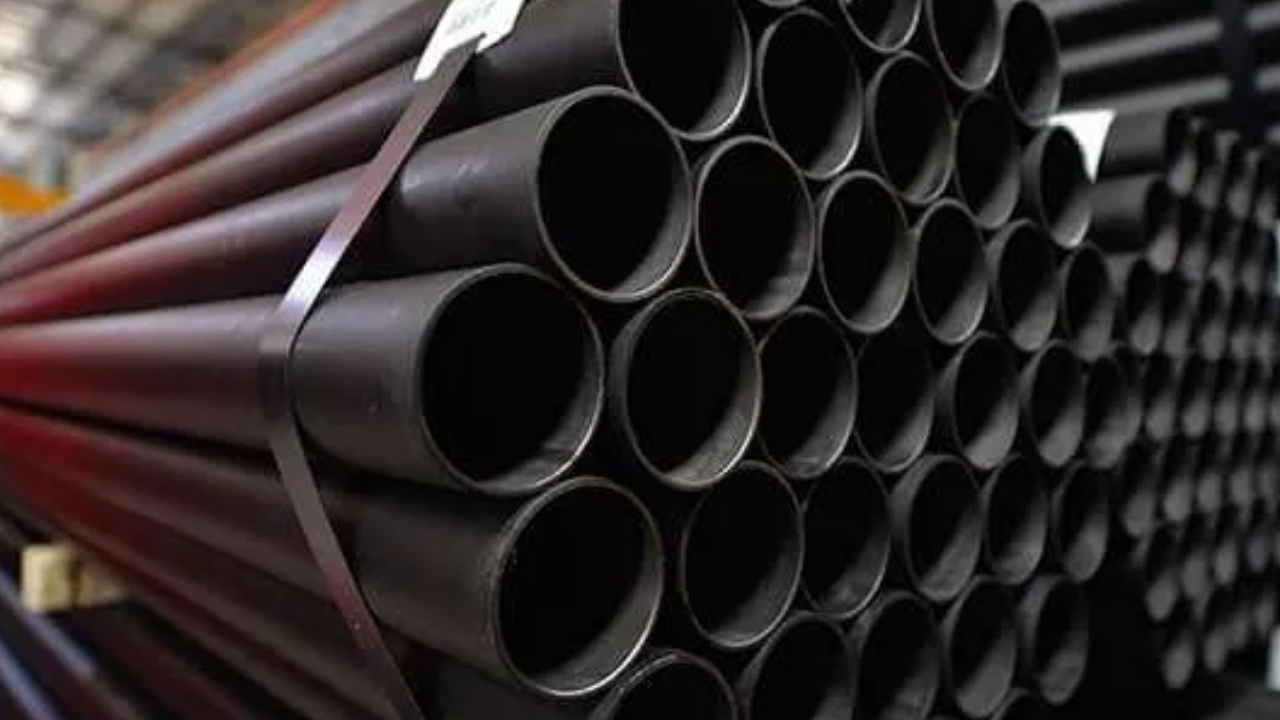Steel pipes are essential components in various industries, playing a crucial role in infrastructure development, construction, and transportation of fluids and gases. Comprising primarily of carbon and iron, steel pipes are renowned for their strength, durability, and versatility. The manufacturing process involves either seamless or welded methods, each with its unique applications.
Seamless steel pipes are produced through extrusion, creating a continuous cylindrical shape without seams. These pipes are ideal for high-pressure and critical applications, offering uniformity and strength. On the other hand, welded steel pipes are formed by welding steel sheets into a cylindrical shape. This method is cost-effective and suitable for less demanding applications.
Steel pipes are available in a wide range of diameters, grades, and standards to satisfy individual project needs. Carbon steel, stainless steel, and alloy steel are all common types of steel pipe each designed to meet certain environmental and industrial requirements. Coatings and treatments, such as galvanization, protect pipes against corrosion, extending their lifespan.
Types of Steel Pipes
Steel pipes are vital components in a variety of sectors, providing a wide range of applications because of their durability and versatility. Manufacturers make various varieties of steel pipes, each adapted to unique needs and purposes. In this article, we will look at the most popular types of steel pipes, providing light on their properties and their applications.
Seamless Steel Pipes
Seamless steel pipes, which lack welding seams, have a more homogenous structure and are longer-lasting. These pipes, created by extruding a solid billet through a die or piercing a solid bar, are commonly used in high-pressure applications such as oil and gas pipelines. Their continuous structure minimizes the possibility of weak areas, making them ideal for vital operations that require structural integrity.
Welded Steel Pipes
Welded steel pipes, which are manufactured by welding together steel plates or coils, have a wide range of diameter and wall thickness options. Common methods include electric resistance welding (ERW), submerged arc welding (SAW), and longitudinal arc welding (LSAW). Welded pipes are useful in building, infrastructure, and general engineering because they are both inexpensive and versatile.
Electric Resistance Welded Pipes
Electric Resistance Welded pipes are made by rolling steel coils and welding the seams using high-frequency electrical current. ERW pipes are popular in water supply, plumbing, and structural applications because they are both inexpensive and efficient. Their uniform weld seam provides strength and endurance, making them a popular choice for a variety of sectors that require dependable and cost-effective piping solutions.
Longitudinal Submerged Arc Welded Pipes
The Longitudinal Submerged Arc Welded pipes are created by bending and shaping steel plates into cylindrical shapes before welding them with a submerged arc. LSAW pipes, noted for their structural integrity and ability to withstand high pressures, are widely utilized in oil and gas gearbox lines. Their tough design and suitability for large-diameter pipes make them ideal for infrastructure projects and long-distance pipeline applications.
Galvanized Steel Pipes
Galvanized steel pipes are coated with a layer of zinc through a process known as galvanization. This protective layer enhances corrosion resistance, making them ideal for plumbing, water supply, and outdoor applications. Galvanized pipes are durable and withstand harsh environmental conditions, ensuring a longer lifespan. Widely used in various industries, they offer a cost-effective solution for applications that demand both structural integrity and resistance to corrosion.
Alloy Steel Pipes
Alloy steel pipes are created by mixing multiple metals to provide desirable characteristics such as increased strength, corrosion resistance, and heat resistance. These pipes are utilized for high-temperature and high-pressure applications such as power generation and chemical processing. Alloy steel pipes are vital in industries that require strong and reliable piping solutions to maintain structural integrity and ensure optimal performance due to their ability to withstand extreme conditions.
Summary
The range of steel pipes available demonstrates their adaptability to the needs of many industries. Manufacturers continue to develop to meet a variety of needs, including seamless pipes for high-pressure applications and galvanized pipes for corrosion protection. Understanding the qualities and applications of each kind is critical for selecting the best steel pipe for a given project and ensuring peak performance and endurance.

